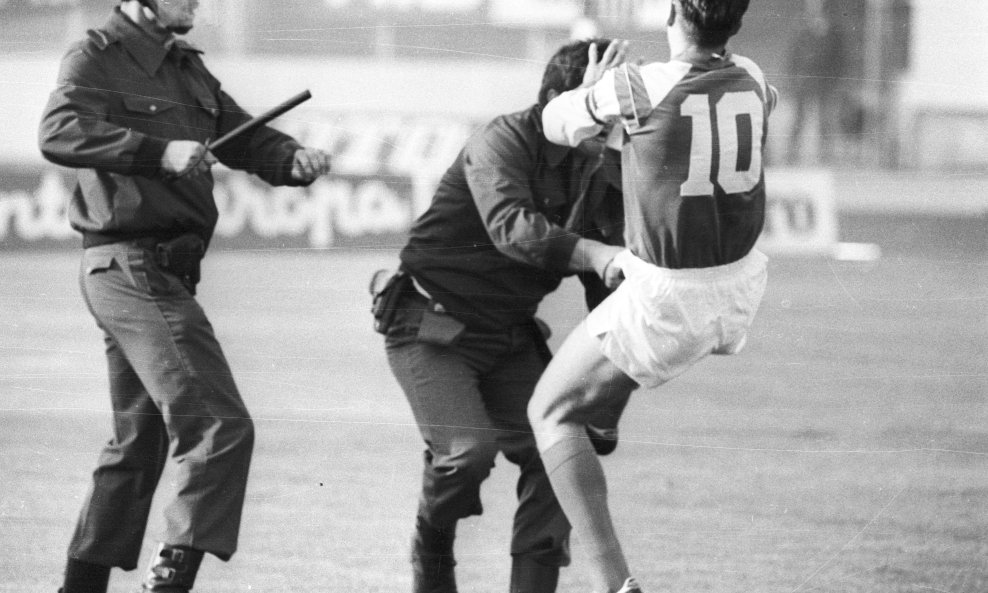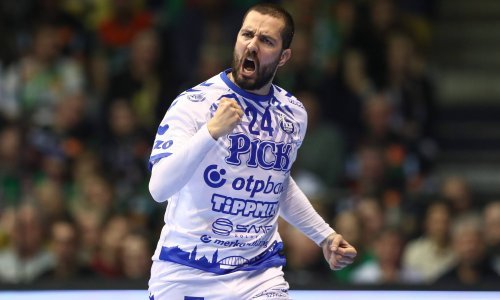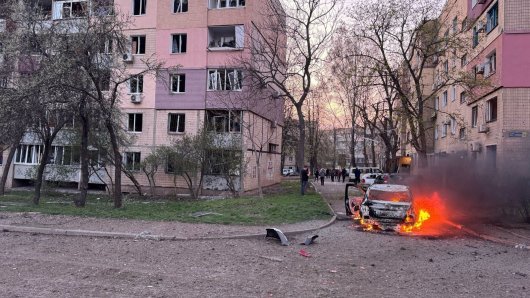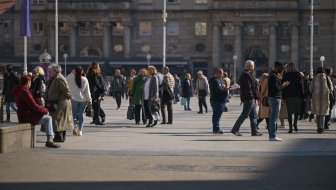The 20th anniversary of rioting between Dinamo Zagreb and Red Star Belgrade fans, that took place at Maksimir Stadium in Zagreb on May 13, 1990, will be marked on Thursday.
The game that was never played took place just weeks after Croatia's first multiparty elections in almost 50 years in which the parties favouring Croatian independence had won most of the vote. The riot resulted in over 200 people injured, including those who were stabbed, shot or poisoned by tear gas.
Tension between the two teams had always been high as they had been consistently placed at the top of the Yugoslav football league and had often won the national championships. In 1990, this took an even worse turn due to rising tensions in Yugoslavia. The first free elections were held in most of Yugoslavia and communism was ousted in favour of more ethnic-oriented parties.
Approximately 3,000 Red Star fans, known as Delije, made the trip to Zagreb. They were led by Zeljko Raznatovic, also known as Arkan, a Serbian nationalist and criminal wanted by Interpol. Between 15,000 to 20,000 spectators were estimated to have attended the game.
Hours before the game even began, there were already a number of fights in the streets between Dinamo and Red Star fans. However, the real trouble took place within the Maksimir stadium itself. Delije began to tear at the advertising hoardings and eventually made their way towards the Dinamo fans, attacking them with seats and knives, and chanting Serbian nationalist songs.
The Dinamo fans, called the Bad Blue Boys or BBB, incensed by the actions of their rivals, attempted to storm into the pitch half an hour later, but were quickly attacked by the police. Restraint methods used by the police included baton striking and tear gas. Within minutes, the situation spiralled beyond control as the BBB could no longer be held back by the police, and soon broke into the pitch to reach the Serbian fans. The police, who were passive at the beginning, came back with reinforcements, armoured vans and water cannon to disperse the rioters. More than an hour later, with hundreds injured, the running battles were all over.
Amidst all the chaos, several Dinamo players still remained in the pitch, the Red Star players having already left for the locker rooms. Zvonimir Boban, Dinamo's captain, kung fu-kicked a police officer who was attacking a Dinamo supporter. The BBB soon leapt to Boban's defence, acting as bodyguards. For this act alone, Boban was proclaimed a national hero of Croatia, but also earned the reputation of a Croatian nationalist in Serbia. The incident also earned him a nine-month suspension from the Yugoslav national team causing him to miss the 1990 World Cup in Italy. Criminal charges were filed against him.
The riot marked the beginning of the end of the Yugoslav First Division. It lasted one more season before Slovenia, Croatia, Macedonia and Bosnia and Herzegovina became independent from Yugoslavia and the region was plunged into war. The riot was also seen as the symbolic start of Croatia's war of independence.



































